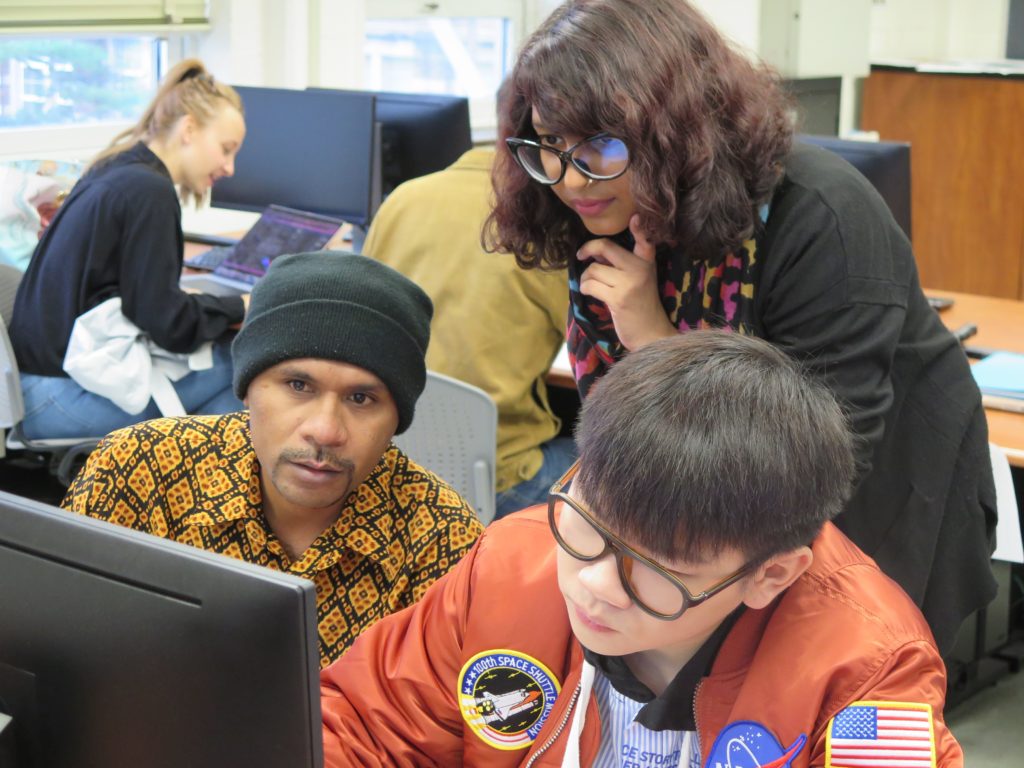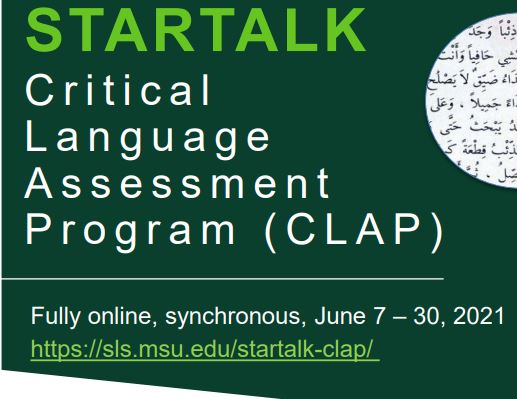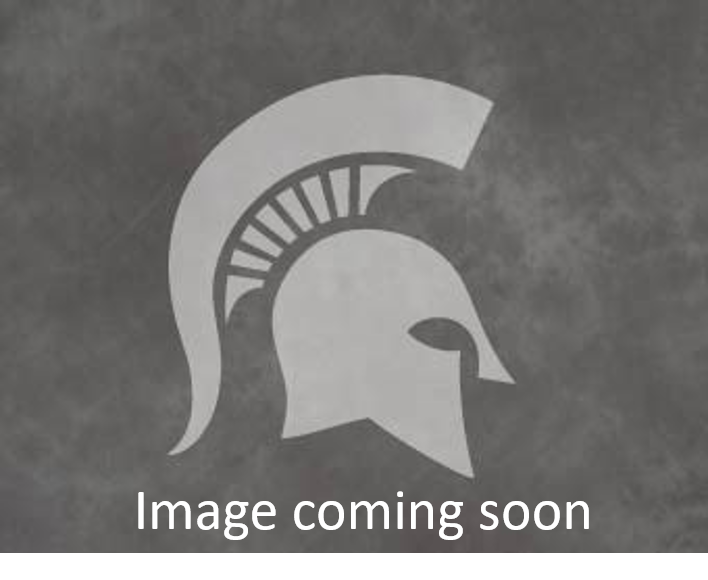Current Projects

Martiniano Etchart, with Paula Winke, is investigating how L2 grit is related to Spanish language learners’ acquisition. Martiniano was the SLA K & P Lab’s first Summer Fellow. He joined the lab as a MA student in MSU’s Spanish Applied Linguistics Program. He is now a Ph.D. student at the University of Wisconsin at Madison. Martiniano’s project developed in Paula’s graduate course LLT 821, Individual differences in SLA. It is a partial replication of Teimouri, Plonsky, and Tabandeh’s 2020 article: “L2 grit: Passion and perseverance for second-language learning” in Language Teaching Research, https://doi.org/10.1177/1362168820921895. The current paper is under review. Its preprint is located here: https://psyarxiv.com/yfscw/
Past Projects

Dmitrii Pashtushenkov, Lizz Huntley, and Paula Winke obtained a 75K grant from the National Security Education Program to host a 4-week summer 2021 virtual workshop on assessment practices for 6th grade through 12th grade, and college and university-level, Arabic and Russian language teachers. The grant, from the U.S. STARTALK Program, was to enhance foreign and second language assessment in languages that are of critical need in the United States. Dmitrii was the project’s Lead Russian instructor. The Lead Arabic instructor was Lizz. Dimitrii is now an instructor of Russian at Harvard. And Lizz is an instructor of Arabic at the University of Colorado Denver. The project and its full curriculum is here: https://sls.msu.edu/startalk-clap/

Fátima Montero was a 2021-2022 Visiting Student Scholar in the SLA K & P Lab. Fátima was a Ph.D. candidate in Second Language Acquisition at the University of Maryland, College Park, where she was working on her dissertation on Spanish second language acquisition and Spanish in healthcare.

Matt Coss worked with a team of researchers and educators to conduct and publish a national survey of university-level Chinese language program placement testing. The survey examined current testing practices and the perceptions of these practices for both university and secondary school Chinese educators. The ultimate goal of this project is to (begin to) raise awareness about issues in K-16 language program articulation, and to examine and improve placement testing as one essential component in that articulation. The survey instrument is also publicly available on IRIS.

Matt Coss completed work on a multi-site grant-funded project examining possible differences in writing tests scores for intermediate and advanced L2 Chinese learners. 60 students completed both handwritten and typed assessments of equivalent difficulty, which were all professionally rated. The study found that the same student’s performance varied widely on the two modalities, corroborating previous findings that L2 Chinese writing tests in different modalities may not exactly be measuring the same thing. This research has important implications for Chinese testing all over the world.